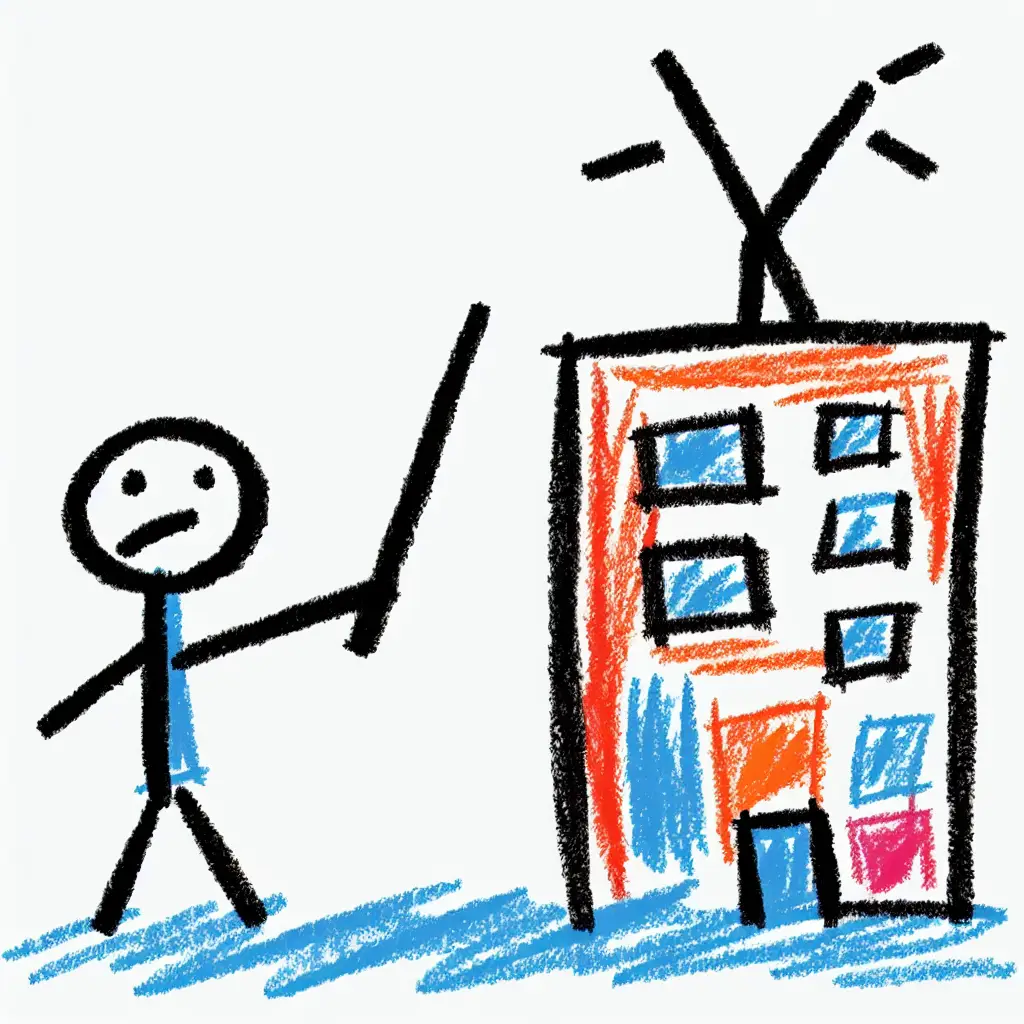Trump’s attack on NPR and PBS, briefly explained

Explain Like I'm 5
Imagine you have a piggy bank where you keep coins to buy toys and candies. But one day you decide you want to spend your money on a big new toy, so you think about taking some coins out that you were saving for candies. Now, imagine if your piggy bank is a big building where the government keeps its money and the candies are like NPR and PBS, which are places where people can listen to stories and learn from shows. President Trump and his friends decided they want to use some of the money for other big things, and they think about taking it from the money saved for NPR and PBS. It’s like choosing between buying candies or a big new toy!
Explain Like I'm 10
NPR (National Public Radio) and PBS (Public Broadcasting Service) are like your school's library but on the radio and TV. They give everyone a chance to learn new things and hear stories without having to pay much. But running these services costs money, which they usually get a bit of from the government. President Trump and some others in the government think this money could be used for different important things, like security or helping friends in other countries. So, they passed a bill, which is like a rule, that says "let's use this money for something else instead." This has caused a lot of discussions because while some people think it's a good idea to use the money for other things, others feel it's important to keep supporting NPR and PBS so everyone can keep learning and enjoying the shows.
Explain Like I'm 15
NPR and PBS are crucial public media outlets in the United States, providing educational content and news without aiming to make a profit. They're funded partly by the government, donations, and other sources. Recently, the House of Representatives, influenced by President Trump, passed a bill that proposes to cut back on the money given to these organizations. This move is part of a larger budgetary decision potentially reallocating funds to other areas which the administration considers high-priority, such as defense or foreign aid.
The decision is contentious because public media is valued for its role in educating and informing the public without commercial bias, which is rare in today's media landscape. Critics argue that cutting funding undermines this educational purpose and could reduce the overall quality and accessibility of unbiased information available to the public. On the other hand, supporters of the bill argue that the government needs to be more careful about spending and that public media can find alternative funding sources.
This situation is an example of the ongoing debate about the role of government in funding the arts and education, highlighting the different values and priorities that drive public policy. The final decision could set a precedent for future funding and policy decisions in similar areas. What happens next could influence not only the immediate future of NPR and PBS but also broader discussions about public funding and cultural priorities in the U.S.
Want to read the original story?
View Original Source